Home>Renovation & DIY>Home Renovation Guides>How To Plan For Home Renovation


Home Renovation Guides
How To Plan For Home Renovation
Published: December 21, 2023
Looking for expert tips on planning a successful home renovation? Our comprehensive home renovation guides provide step-by-step advice and valuable insights to help you achieve your dream home. Discover everything you need to know about home renovation!
(Many of the links in this article redirect to a specific reviewed product. Your purchase of these products through affiliate links helps to generate commission for Storables.com, at no extra cost. Learn more)
Introduction
So, you've decided to embark on the exciting journey of renovating your home. Whether it's a small update or a complete overhaul, the prospect of transforming your living space can be both exhilarating and daunting. This comprehensive guide will walk you through the essential steps of planning for a home renovation, from assessing your needs to finalizing the project. By the end of this journey, you'll be equipped with the knowledge and confidence to navigate the renovation process with ease.
Embarking on a home renovation is an opportunity to breathe new life into your living space, tailor it to your evolving needs, and increase its functionality and aesthetic appeal. However, to ensure a successful outcome, careful planning and meticulous attention to detail are paramount. From setting a realistic budget to finding the right contractors and obtaining necessary permits, each phase of the process plays a crucial role in the overall success of your home renovation.
Throughout this guide, we'll delve into the intricacies of each stage, offering practical tips, insightful advice, and valuable resources to help you make informed decisions. Whether you're envisioning a modern kitchen, a luxurious bathroom, or a functional living area, the journey of home renovation begins with a solid plan. So, fasten your seatbelt and get ready to embark on this transformative adventure. Let's dive into the first step: assessing your needs.
Key Takeaways:
- Plan your home renovation by assessing your needs, setting a realistic budget, researching contractors, and obtaining necessary permits to ensure a successful and transformative outcome.
- Efficiently schedule and manage your home renovation project, paying attention to details and celebrating milestones to realize your vision for an enhanced living space.
Assessing Your Needs
Before diving into the renovation process, take the time to assess your current living space and identify the aspects that require improvement. Start by evaluating the functionality and flow of each room. Consider how you utilize the space and pinpoint any limitations that hinder your daily activities. Whether it’s a cramped kitchen, outdated bathroom, or lack of storage, understanding your specific pain points will lay the groundwork for a successful renovation.
Furthermore, consider the long-term vision you have for your home. Are you planning to expand your family, work from home, or accommodate aging parents? Anticipating future needs will enable you to design a space that can adapt to your evolving lifestyle, potentially saving you from costly renovations down the road.
Engage in open discussions with your family members to gather their input and preferences. Their insights can offer valuable perspectives and ensure that the renovation aligns with the needs and desires of everyone involved. Additionally, seek inspiration from home improvement magazines, websites, and social media platforms to gather ideas and trends that resonate with your vision.
Once you’ve identified the specific areas that require attention and have a clear understanding of your long-term goals, you can begin envisioning the potential changes. Whether it’s creating an open-concept layout, adding a home office, or enhancing natural light, visualizing the desired improvements will guide the subsequent stages of the renovation process.
Remember, the key to a successful renovation lies in addressing your current needs while keeping an eye on the future. By thoroughly assessing your requirements and envisioning the desired changes, you’ll set the stage for a purposeful and transformative home renovation.
Setting a Budget
As you venture into the realm of home renovation, establishing a realistic budget is a critical initial step. Your budget will serve as a guiding framework, dictating the scope of your project and influencing various decisions along the way. Begin by conducting thorough research to gain a comprehensive understanding of the costs associated with your renovation goals.
Consider factors such as materials, labor, permits, and unforeseen expenses. It’s advisable to allocate a contingency fund to accommodate unexpected costs that may arise during the renovation process. While it’s natural to aspire to grand designs, it’s imperative to align your vision with your financial reality. Striking a balance between ambition and practicality will ensure a smoother and more manageable renovation journey.
Engage with multiple contractors to obtain detailed quotes and assess the feasibility of your project within your budgetary constraints. Be transparent about your financial boundaries and seek cost-effective alternatives without compromising on quality. Additionally, prioritize the renovation aspects that hold the highest significance to you, allocating a larger portion of your budget to these areas.
When setting your budget, it’s crucial to differentiate between essential expenses and optional upgrades. While luxurious amenities may be appealing, it’s essential to allocate resources to fundamental structural and functional enhancements first. By establishing a clear budget hierarchy, you can make informed decisions and prevent overspending on non-essential elements.
Throughout the renovation process, maintain meticulous records of your expenses and monitor your budget closely. Flexibility is key, as unforeseen circumstances may necessitate adjustments to your initial financial plan. By embracing a pragmatic and adaptable approach to budgeting, you’ll navigate the renovation journey with financial confidence and peace of mind.
Researching Contractors
Choosing the right contractor for your home renovation is a pivotal decision that significantly influences the project’s outcome. Conducting thorough research and due diligence when selecting a contractor is essential to ensure a seamless and successful renovation experience.
Commence your search by seeking recommendations from friends, family, and colleagues who have undergone similar renovation projects. Personal referrals often provide valuable insights into a contractor’s reliability, workmanship, and professionalism. Additionally, explore online platforms and review websites to gauge the reputation and credibility of potential contractors.
When evaluating contractors, prioritize those with relevant experience in executing projects similar to yours. Request to view their portfolio of completed renovations, allowing you to assess the quality of their work and gather inspiration for your own project. Moreover, verify that the contractor holds the necessary licenses, insurance, and certifications, ensuring compliance with legal and safety standards.
Engage in candid discussions with prospective contractors to gauge their communication style, responsiveness, and willingness to accommodate your vision. Effective communication and transparency are integral components of a successful contractor-client relationship, fostering trust and clarity throughout the renovation process.
Request detailed quotes from multiple contractors, comparing the scope of work, timelines, and pricing structures. While cost is a crucial factor, prioritize value and reliability over the lowest bid. A contractor who offers comprehensive services, transparent pricing, and a solid reputation is often a more prudent choice in the long run.
Before finalizing your decision, obtain references from the contractor and contact previous clients to gain insights into their renovation experiences. Inquire about the contractor’s punctuality, workmanship, adherence to timelines, and overall professionalism. By conducting thorough research and vetting potential contractors meticulously, you’ll lay a solid foundation for a collaborative and successful renovation partnership.
Designing Your Renovation
Embarking on the design phase of your home renovation marks an exhilarating juncture, where your vision begins to materialize into tangible plans. Whether you’re revamping a single room or orchestrating a comprehensive overhaul, the design stage sets the aesthetic and functional blueprint for your project.
Commence by envisioning the desired aesthetic and ambiance you wish to cultivate within your living space. Consider elements such as color schemes, textures, and architectural styles that resonate with your personal taste and complement your lifestyle. Drawing inspiration from design magazines, online platforms, and real-life spaces can ignite your creativity and guide your design decisions.
Collaborating with a professional designer or architect can elevate your renovation vision, infusing expertise and creativity into the design process. Their insights can offer innovative solutions, optimize spatial layouts, and harmonize design elements to create a cohesive and visually captivating environment.
When conceptualizing the design, prioritize functionality and practicality without compromising on style. Tailor the layout and features to accommodate your daily routines and enhance the usability of each space. Whether it’s optimizing storage solutions, integrating energy-efficient fixtures, or maximizing natural light, thoughtful design choices can elevate the functionality of your home.
Leverage technology to visualize your design concepts through digital rendering and virtual modeling. This enables you to gain a comprehensive understanding of the proposed changes, make informed adjustments, and solidify your design preferences before commencing the physical renovation.
Furthermore, consider the longevity of your design choices and opt for timeless elements that transcend fleeting trends. While infusing personal touches and unique accents, striking a balance between contemporary appeal and enduring elegance ensures that your renovated space remains relevant and captivating for years to come.
By approaching the design phase with creativity, practicality, and a discerning eye for detail, you’ll lay the groundwork for a transformative renovation that harmonizes aesthetics with functionality, breathing new life into your cherished abode.
Before starting a home renovation, create a detailed budget and timeline to keep the project on track and avoid overspending.
Obtaining Permits
Before commencing any substantial renovation work, it’s crucial to navigate the regulatory landscape and secure the necessary permits and approvals. Compliance with local building codes and regulations is paramount to ensure the structural integrity, safety, and legal adherence of your renovation project.
Initiate the permit acquisition process by researching the specific requirements and regulations stipulated by your local municipality or governing body. Each jurisdiction may have distinct guidelines pertaining to renovations, encompassing aspects such as structural modifications, electrical work, plumbing alterations, and architectural changes. Familiarize yourself with the applicable regulations to ascertain the scope of permits required for your project.
Engage with your contractor or architect to ascertain their familiarity with the permit application process and enlist their support in navigating the bureaucratic procedures. They can offer valuable insights and expertise in preparing the requisite documentation, technical drawings, and project specifications to accompany your permit applications.
Submit your permit applications in a timely manner, allowing for the necessary processing and review periods. Be prepared to address any inquiries or requests for additional information from the permitting authority, ensuring a smooth and expedient approval process.
While the permit acquisition process may introduce a layer of administrative complexity, it serves as a safeguard against substandard workmanship, unauthorized modifications, and potential legal ramifications. By adhering to the regulatory framework, you demonstrate a commitment to upholding safety standards and building codes, fostering a secure and compliant foundation for your renovation project.
Embrace the permit acquisition process as an essential component of responsible and ethical renovation practices, underscoring your dedication to executing a renovation that prioritizes safety, quality, and legal adherence.
Scheduling the Work
Efficiently orchestrating the timeline for your home renovation is a pivotal aspect that underpins the project’s success. A well-structured schedule not only ensures the timely completion of the renovation but also minimizes disruptions and optimizes resource utilization. As you embark on scheduling the work, consider the following key elements to streamline the renovation process.
Commence by collaborating with your contractor to outline a comprehensive project timeline that encompasses each phase of the renovation, from demolition to finishing touches. Clear communication and transparency regarding the projected duration of the project enable you to plan and accommodate the temporary upheaval that may accompany the renovation process.
Factor in contingencies and potential delays when formulating the renovation schedule. Unforeseen challenges, material shortages, or inclement weather can impact the timeline, necessitating flexibility and adaptability. By incorporating buffer periods into the schedule, you mitigate the impact of unexpected setbacks and uphold realistic expectations.
Sequencing the renovation tasks in a logical and strategic manner is instrumental in optimizing efficiency and minimizing disruptions. For instance, structural modifications and foundational work should precede cosmetic enhancements, ensuring a systematic and coherent progression of the renovation process.
Coordinate the delivery of materials, fixtures, and appliances in alignment with the project timeline to prevent logistical bottlenecks and delays. Timely procurement and strategic scheduling of deliveries contribute to the seamless execution of the renovation, preventing unnecessary downtime and logistical hiccups.
Throughout the renovation, maintain open lines of communication with your contractor and regularly assess the project’s progress against the established schedule. Proactive monitoring enables you to address any deviations or challenges promptly, fostering a proactive and collaborative approach to adhering to the timeline.
By meticulously orchestrating the renovation schedule and embracing a proactive mindset, you pave the way for a streamlined, efficient, and minimally disruptive renovation journey, culminating in the timely realization of your revitalized living space.
Managing the Project
As the renovation journey unfolds, adept project management plays a pivotal role in orchestrating the myriad elements of the renovation process. Effective project management encompasses the coordination of resources, communication with stakeholders, and the proactive resolution of challenges, culminating in a cohesive and successful renovation experience.
Establish a centralized system for organizing project-related documentation, including contracts, permits, design plans, and communication records. Utilize digital platforms or physical folders to maintain a comprehensive repository of essential information, facilitating easy access and reference throughout the renovation.
Regular communication with your contractor and renovation team is fundamental to ensuring that the project progresses smoothly. Scheduled check-ins, progress updates, and open channels for dialogue foster a collaborative and transparent environment, enabling you to address any concerns or modifications promptly.
Embrace a proactive approach to troubleshooting and decision-making, addressing potential challenges and deviations from the plan in a timely and pragmatic manner. Flexibility and adaptability are key attributes in navigating unforeseen circumstances, enabling you to steer the project back on course effectively.
Throughout the renovation, maintain a keen eye on quality control, ensuring that workmanship adheres to your expectations and industry standards. Regular site inspections and diligent oversight contribute to the delivery of a high-caliber renovation that aligns with your vision and specifications.
Financial management is an integral facet of project oversight. Monitor expenses, track budgetary allocations, and address any discrepancies or overruns promptly. A judicious approach to financial management safeguards the fiscal integrity of the project and minimizes the risk of budgetary strain.
Finally, celebrate milestones and progress achievements throughout the renovation journey. Acknowledge the collective efforts of the renovation team, express gratitude for their dedication, and maintain a positive and encouraging atmosphere as the project nears its completion.
By embracing a proactive, organized, and communicative approach to project management, you’ll navigate the renovation journey with clarity, confidence, and a steadfast commitment to realizing your vision for an enhanced living space.
Finalizing the Renovation
As the culmination of your home renovation journey draws near, the finalizing phase represents the transformative transition from construction to the realization of your revitalized living space. This pivotal stage encapsulates the meticulous attention to detail, finishing touches, and comprehensive evaluations that pave the way for the unveiling of your renovated home.
Commence the finalization process by conducting a comprehensive walkthrough of the renovated space, meticulously assessing each element to ensure that it aligns with your vision and specifications. Pay close attention to the execution of design details, structural integrity, functionality of fixtures, and the overall aesthetic coherence of the space.
Engage in open dialogue with your contractor and renovation team, addressing any outstanding items, touch-ups, or modifications that require attention. Effective communication and proactive resolution of lingering concerns contribute to the seamless completion of the renovation, ensuring that every aspect meets your expectations.
Conduct thorough inspections of the plumbing, electrical systems, and structural components to verify compliance with safety standards and regulatory requirements. Certify that all necessary permits and approvals have been obtained, affirming the legal adherence and structural soundness of the renovated space.
As the finishing touches are applied, infuse your personal style and character into the space through decor, furnishings, and personalized accents. Embrace the opportunity to curate a welcoming and harmonious ambiance that reflects your unique aesthetic sensibilities and enhances the overall appeal of your renovated home.
Upon the completion of the renovation, celebrate this transformative milestone by expressing gratitude to the renovation team for their dedication, expertise, and collaborative efforts. Acknowledge their contributions and commitment to realizing your vision, fostering a sense of camaraderie and appreciation for their integral role in the renovation journey.
Finally, savor the exhilarating moment of unveiling your revitalized living space. Walk through each room, revel in the tangible manifestation of your renovation aspirations, and relish the newfound functionality, beauty, and comfort that your enhanced home exudes.
The finalization of your home renovation marks the culmination of a transformative odyssey, culminating in the realization of your vision for an enriched and rejuvenated living space, poised to elevate your daily life and inspire cherished memories for years to come.
Frequently Asked Questions about How To Plan For Home Renovation
Was this page helpful?
At Storables.com, we guarantee accurate and reliable information. Our content, validated by Expert Board Contributors, is crafted following stringent Editorial Policies. We're committed to providing you with well-researched, expert-backed insights for all your informational needs.
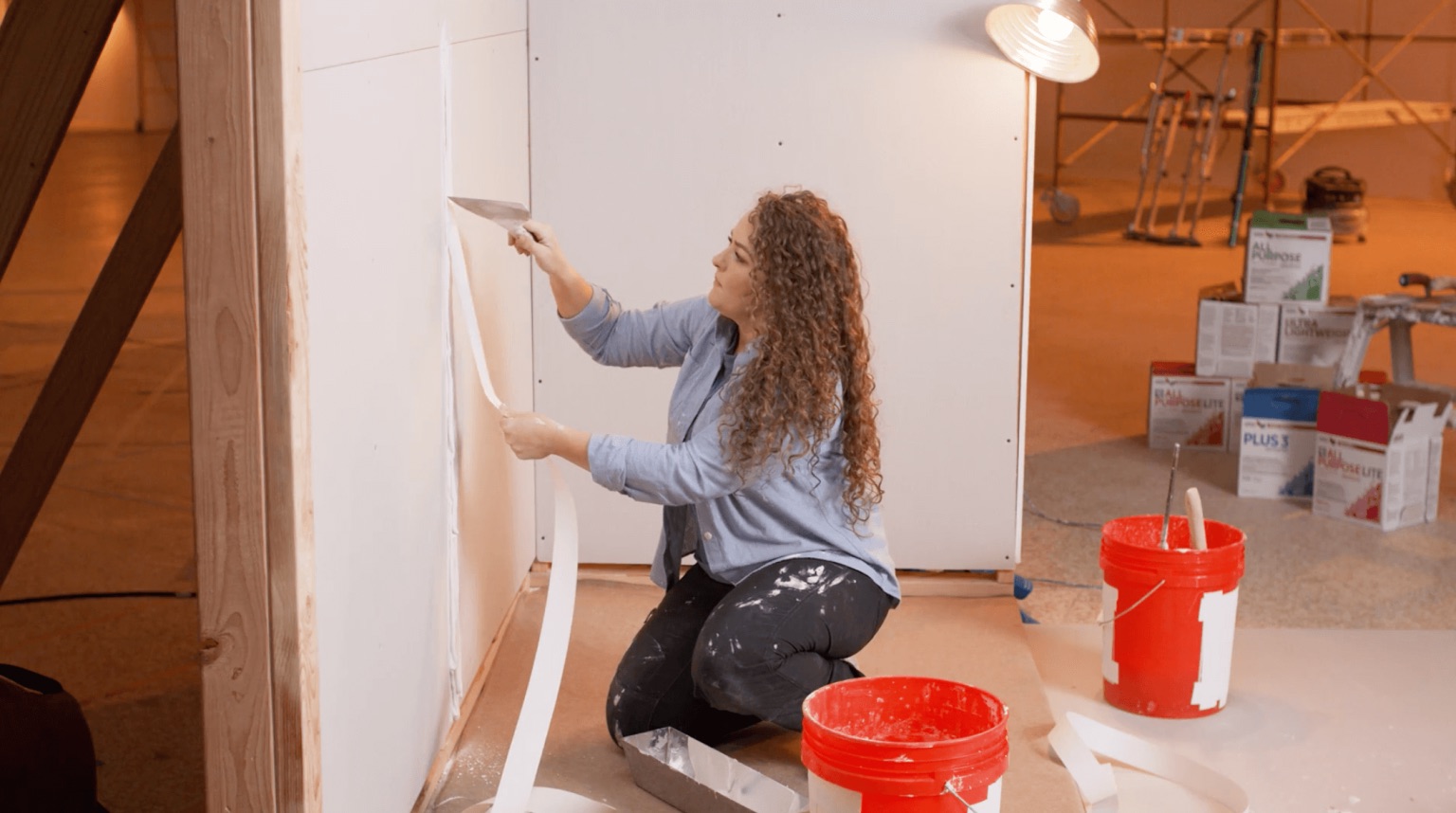
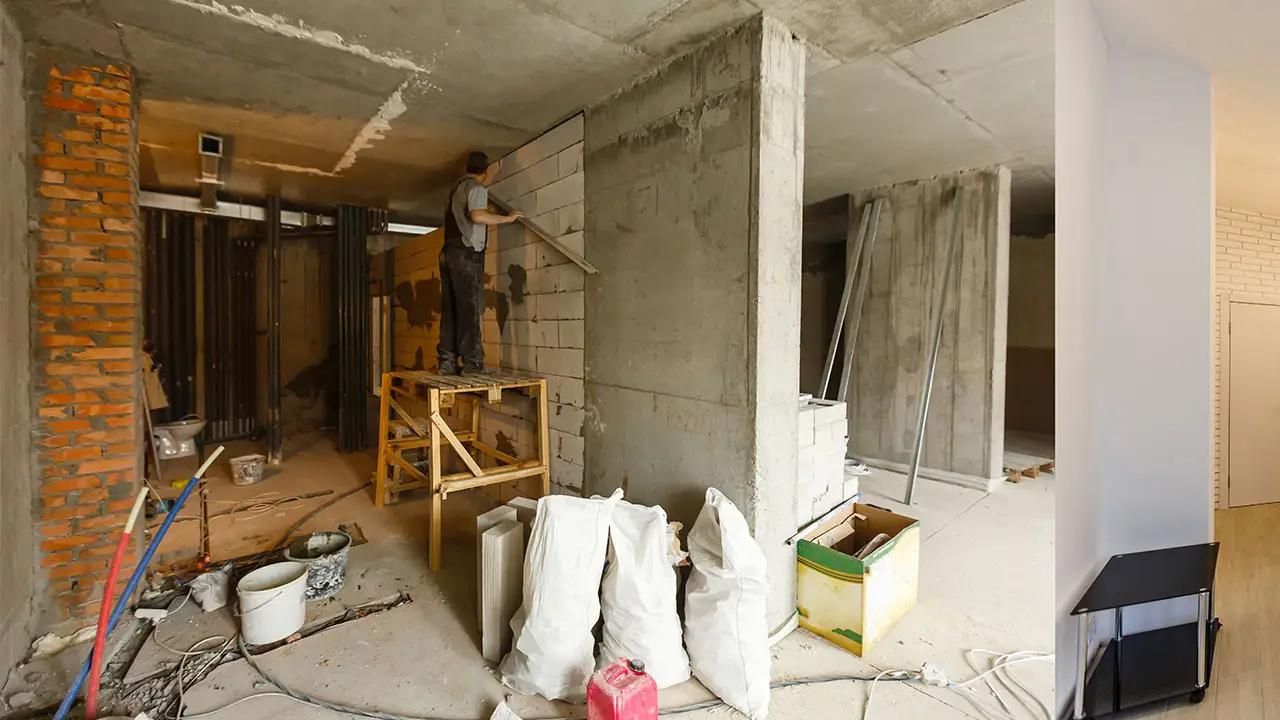
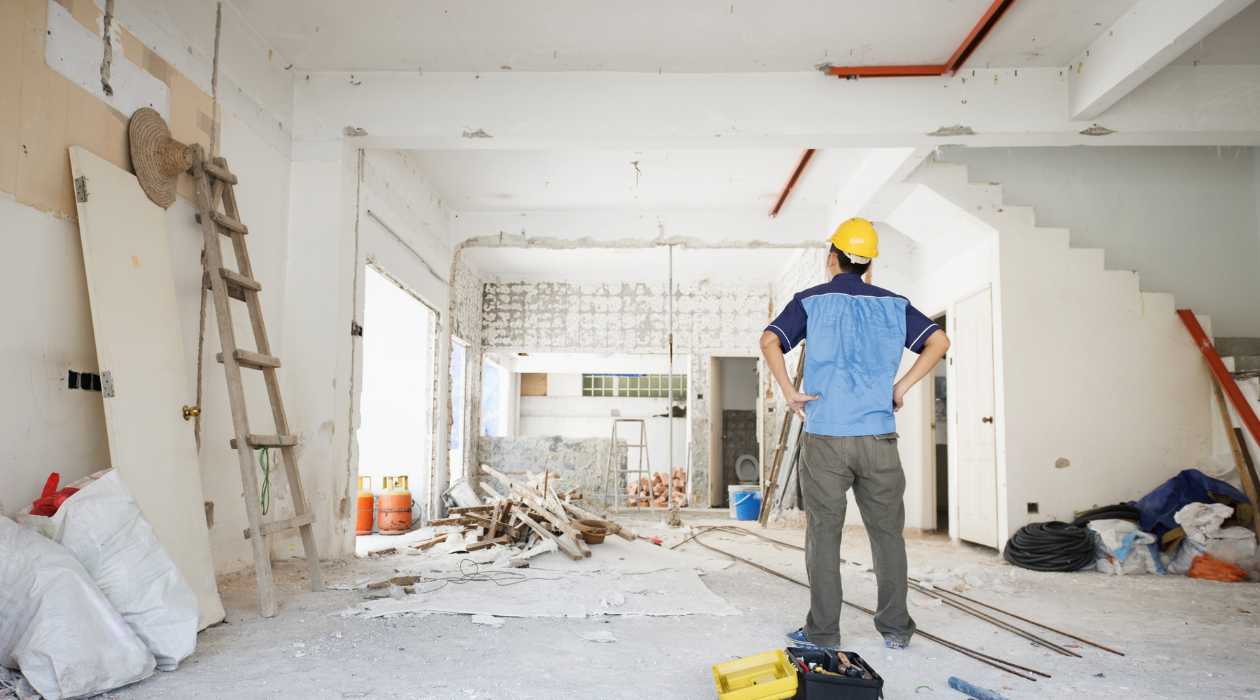
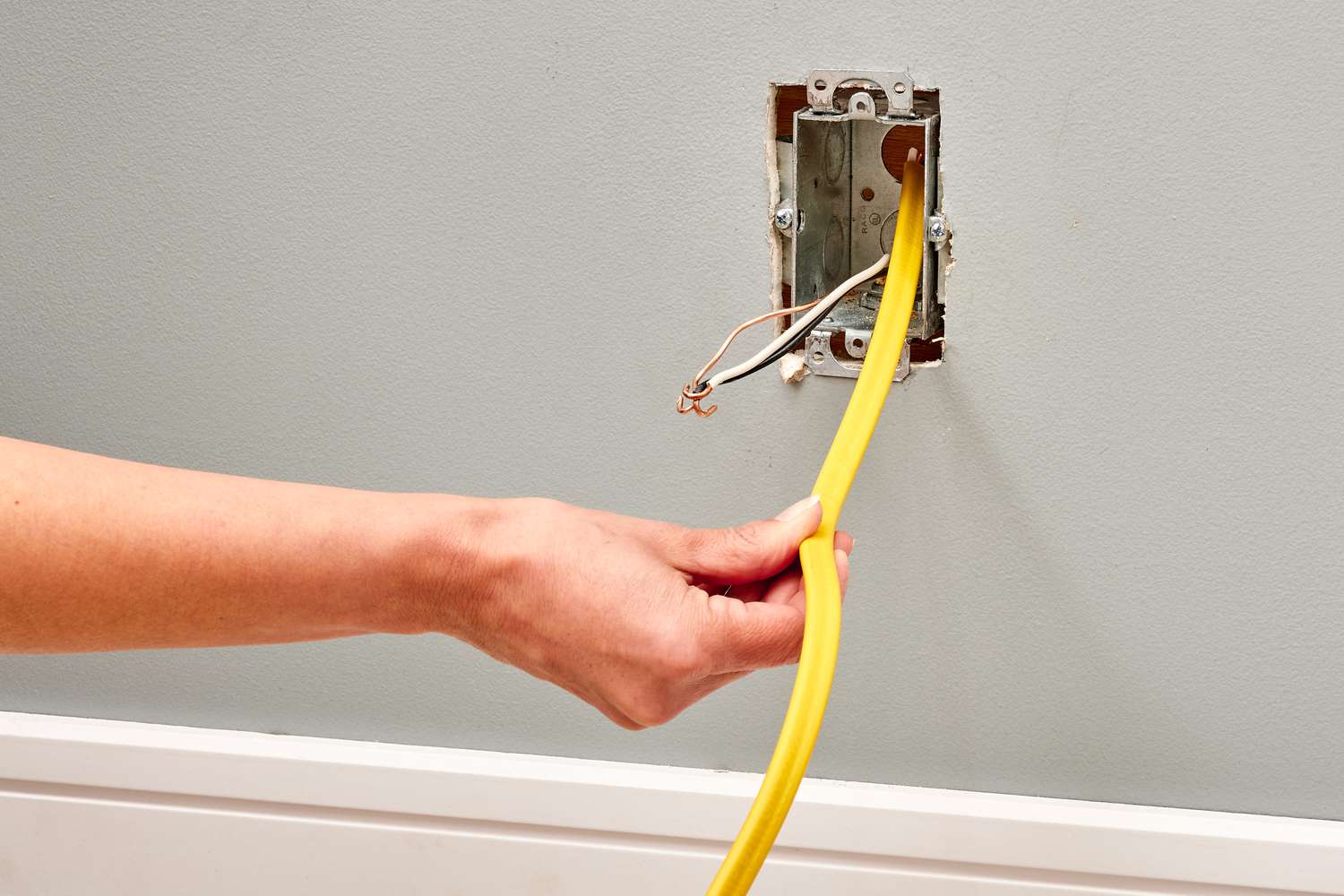


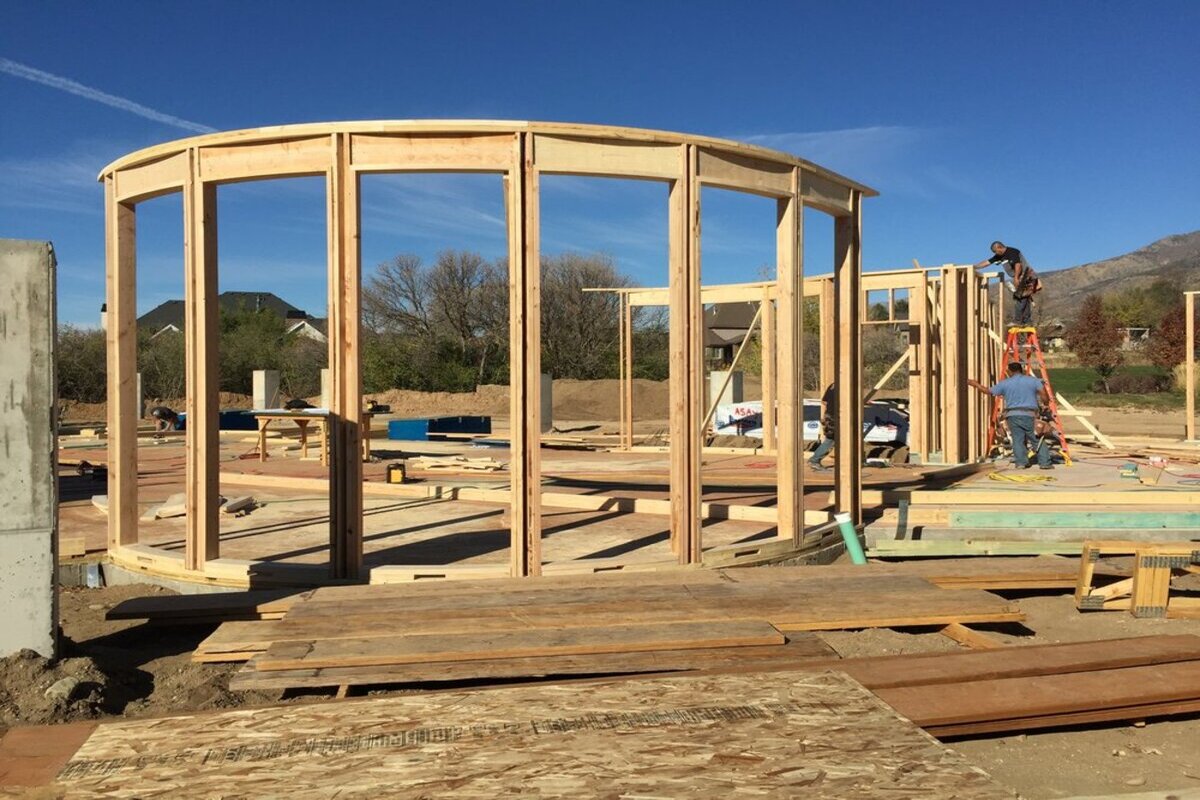



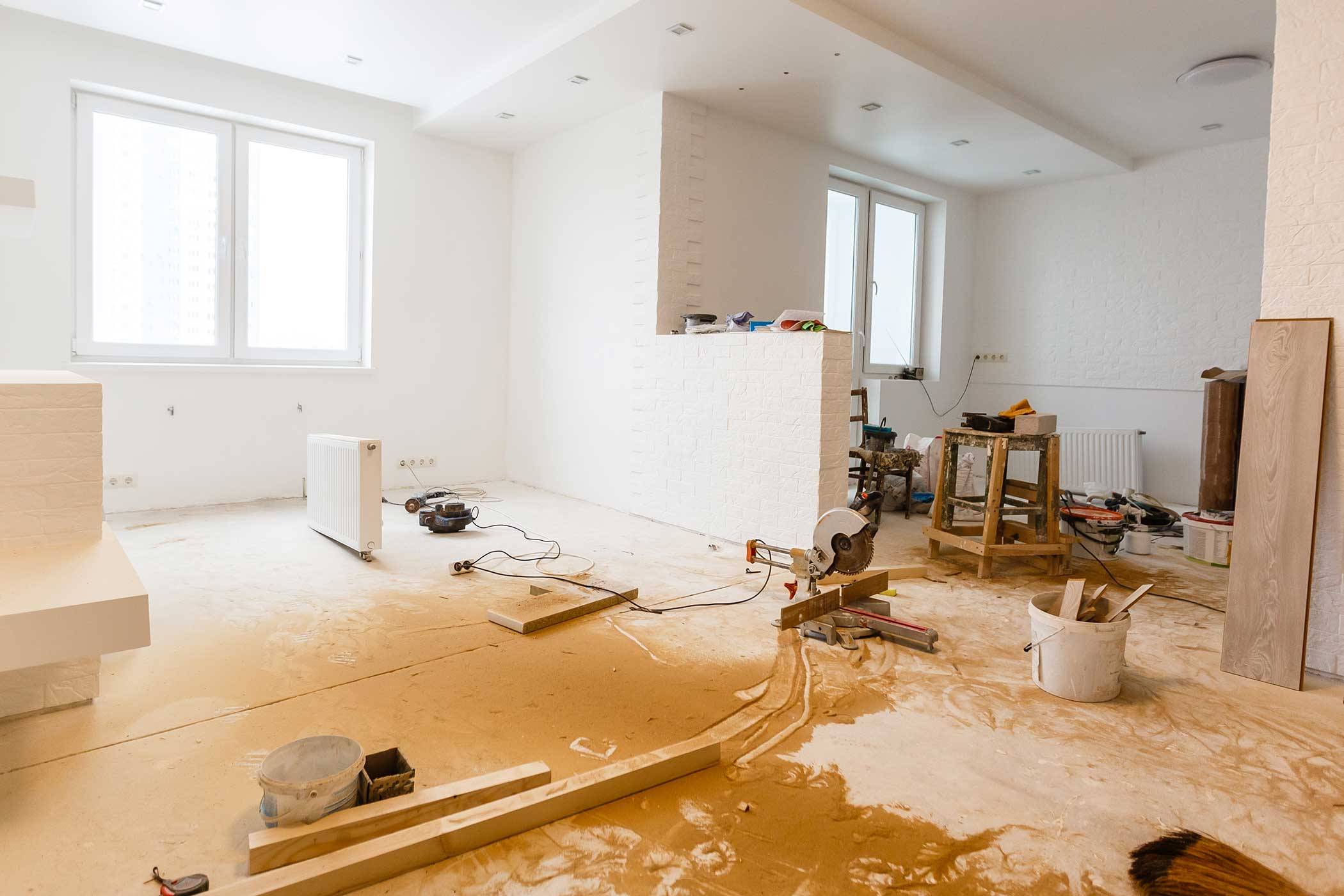

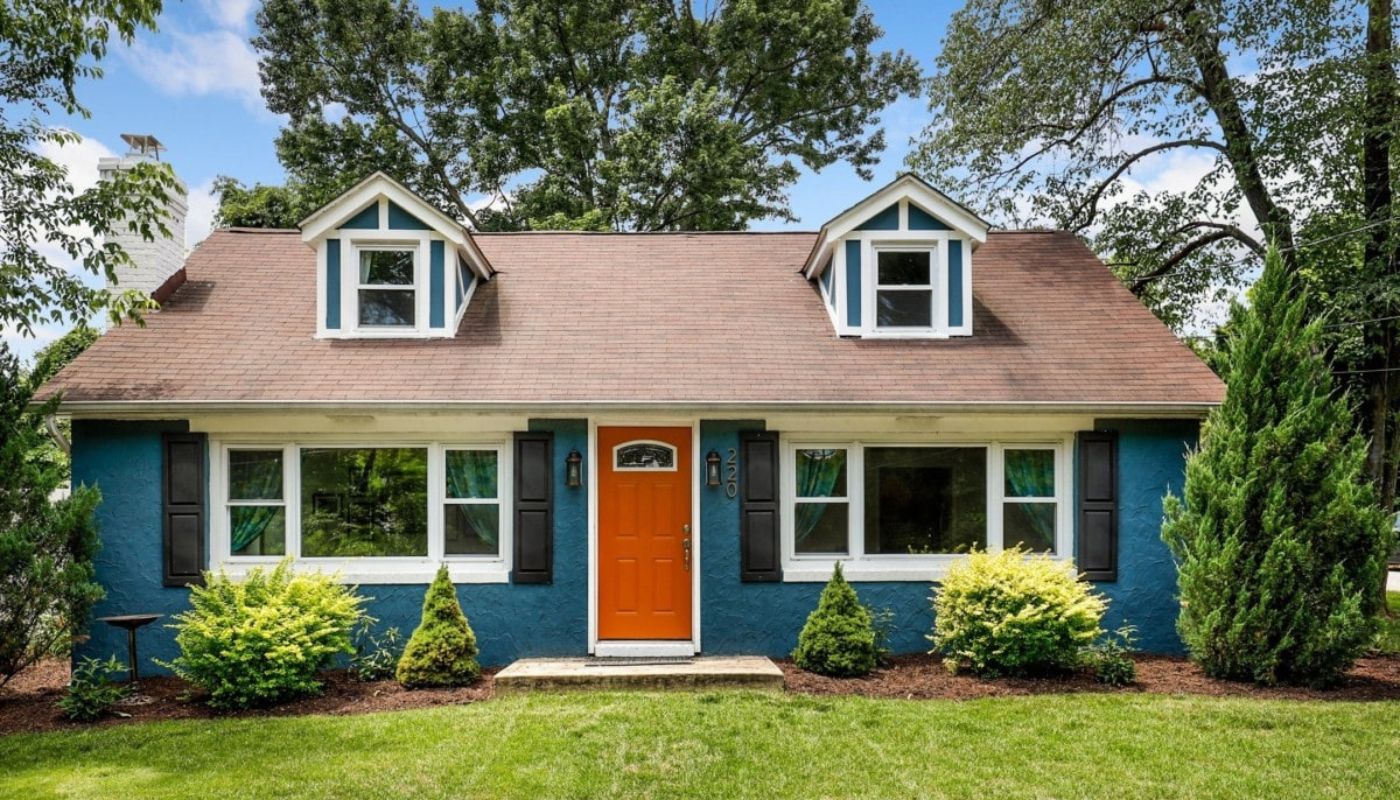
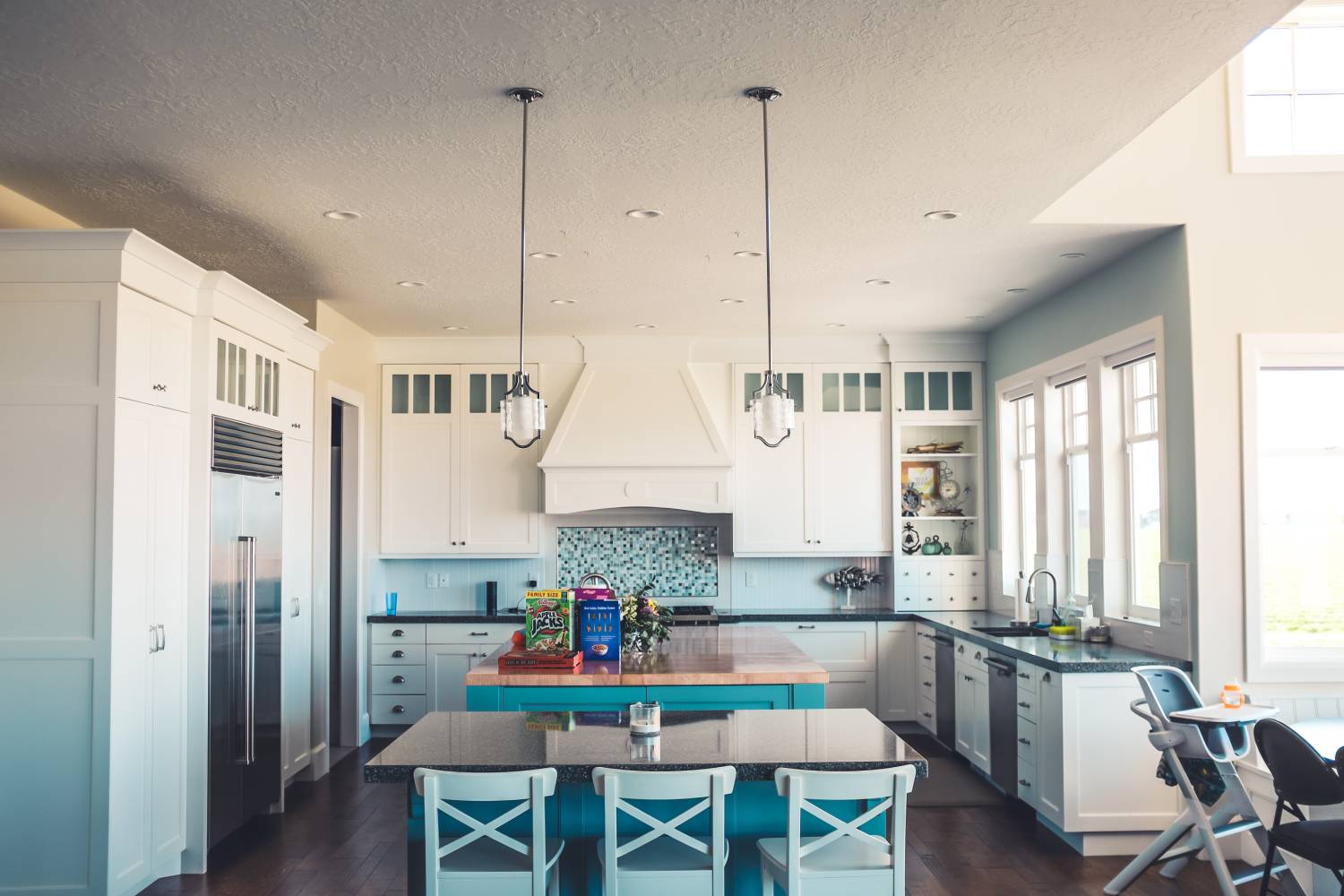

0 thoughts on “How To Plan For Home Renovation”